In an effort to quickly satisfy the body’s hunger signals after exercise, many choose the wrong foods or reach for whatever is closest (or tastiest!). Though getting in calories and nutrients quickly is key, to get the biggest bang for your workout buck, it’s crucial to limit calories from unhealthy foods loaded with fat and sugar.
Avoid eating these 10 foods after a workout and chances are high you’ll achieve your fitness goals much faster.
Sugary Recovery Shake
1 of 11
It's important to refuel those muscles after a grueling workout, but that delicious "recovery shake" may be doing more harm than good. Many pre-packaged shakes are filled with unhealthy additives and tons of sugar—not to mention common allergens such as soy and dairy.
A DIY shake can be a healthier way to replenish those muscles, but keep an eye on the portion size and sugar. Adding too many ingredients can quickly turn your healthy "snack" into a high-calorie meal.
Ultra-Processed Energy Bar
2 of 11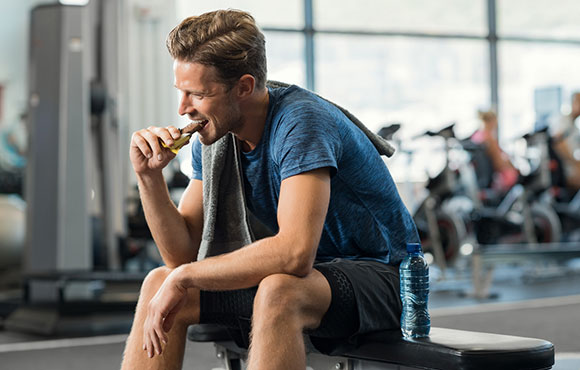
Don't be wooed by clever marketing and labels that boast an impressive list of health claims—energy bars are often nothing more than candy bars in disguise. With most having more sugar than a doughnut and an ingredient list that reads like a chemistry textbook, it's time to exchange these highly processed snacks for a better choice.
You don't have to give up the convenience of a bar, but ditch the ultra-processed kind for one made with real, whole-food ingredients (ideally with a 4:1 ratio of carbohydrates to protein) to refuel post-workout.
High-fat Fast Food
3 of 11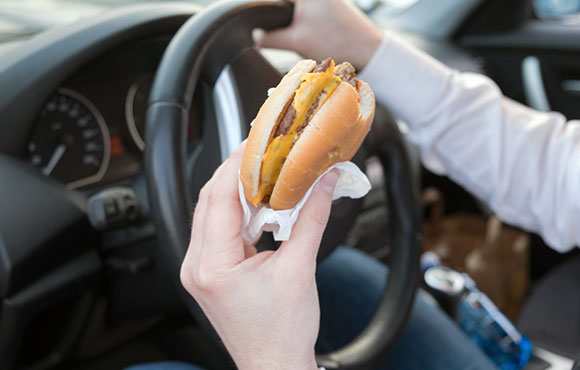
It's tempting to consider that sweat-filled, calorie-torching workout as license to hit the nearest drive-thru, but your body will not thank you. The high amounts of fat in fast food slow the digestion process in your gut, meaning your body takes longer to absorb those much-needed nutrients into the muscles. Fast food also tends to be high in calories, which means it takes much less food than you think to completely negate what you burned in training.
Low-carb Meal
4 of 11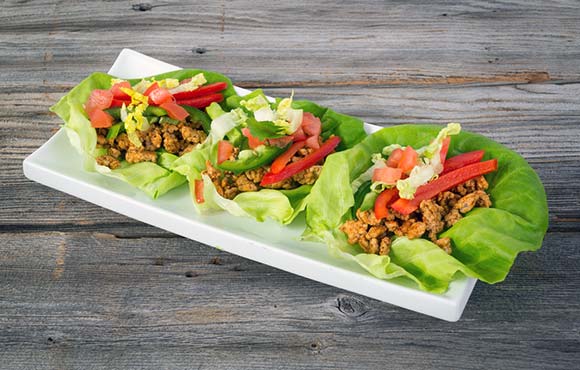
Consistency in exercise is key, and that means that post-workout, one of your biggest goals should be refueling for the next workout. Having a low-carb meal for recovery doesn't adequately provide your body with the carbohydrates it needs to replenish glycogen stores—leaving you under-recovered the next time you hit the gym.
Post-workout, high quality carbohydrates are a must: whole-grain breads, oatmeal, sweet potatoes, brown rice and fruits are rich in carbohydrates that your body uses to rebuild muscle and provide energy for training sessions to come.
Raw Veggies
5 of 11
Say what? While we know this may be the only time you hear us suggest skipping the vegetables, your body needs more than just raw veggies to replenish muscle energy stores after a workout. Veggies are amazing low-calorie, nutrient-dense, fiber-providing machines, but they lack the nutritional basics of a great post-workout meal: moderate-to-high carbs with some fat and protein.
Your best bet is to stick with something post-workout that will effectively fuel energy stores and save those veggies for delicious snacking later.
Nut Butters
6 of 11
Those tiny, portable packages of nut butters may seem like an ideal post-workout snack, but our bodies need more carbohydrates and protein than they provide. Ingesting only fats (even if they are the healthy kind!) after a workout fails to provide your muscles with all of the raw materials that they need to rebuild.
If you find you are craving healthy fats after your next workout, pairing a serving of nut butter with a piece of fruit will ensure your body gets an ample amount of carbohydrates to help replenish your muscles.
Doughnuts or Pastries
7 of 11
Yes, we know you need to replenish your glycogen levels after a tough workout, but these artery-clogging, fat-and-sugar bombs are not the best way to go about it. The large amount of fat in these treats slows the digestion process in the gut and can delay the absorption of much-needed nutrients. And speaking of nutrients, there are few to be found amongst the refined sugar and flours of these sweets. A better carb option would be a piece of whole-wheat toast with peanut butter or low-sugar fruit preserves.
Super Salty Snacks
8 of 11
Salty foods like potato chips may sound like a great way to replenish sodium levels after a long run, but these crunchable snacks can provide too much of a good thing. Snacks like chips or pretzels are high in sodium and chloride, but low in other minerals like magnesium, potassium and calcium, which are key electrolytes used by the body to recover.
Though it's important to replenish sodium levels after a workout (especially if you sweat excessively), the American diet is already high in salt and most of us get more than we need. Ingesting too much salt post-workout can contribute to raising sodium levels above the recommended amounts, which can elevate your risk for high blood pressure and other serious health problems.
Booze
9 of 11
You just crushed that morning workout. Time to celebrate with mimosas at brunch, right? Sorry to be a buzzkill, but drinking after a training session dehydrates you, reduces protein synthesis and packs on empty calories.
Save the alcohol for happy hour and focus on refueling post-workout with a healthy mix of carbs and protein. If you must indulge—because, let's be real, sometimes those post-race beer tents are just too tempting—make sure to eat a recovery snack first and balance your consumption with equal amounts of water to ensure your muscles stay hydrated.
Nothing (or Just Water)
10 of 11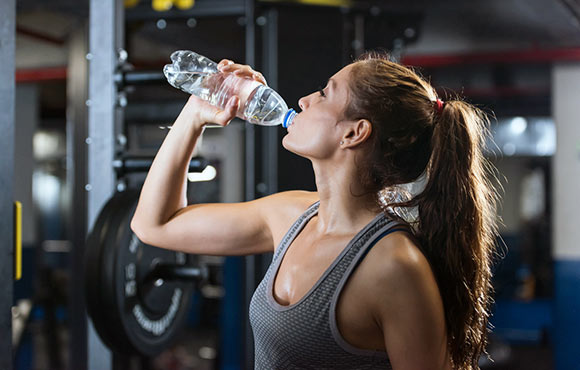
At all costs, avoid having nothing but water after your workout. Your body is primed to recharge and rebuild, and if you don't eat, your body won't be able to repair microtears and damage to the muscles, leaving you susceptible to further damage next time you work out. Skipping a post-workout meal once in a while isn't a huge deal, but it shouldn't become a habit. Make planning your recovery meal an equally important part of your exercise routine.
Get ACTIVE on the Go


Couch to 5K®
The best way to get new runners off the couch and across the finish line of their first 5K.
Available for iOS | Android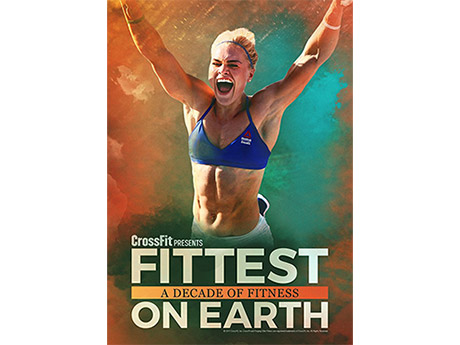
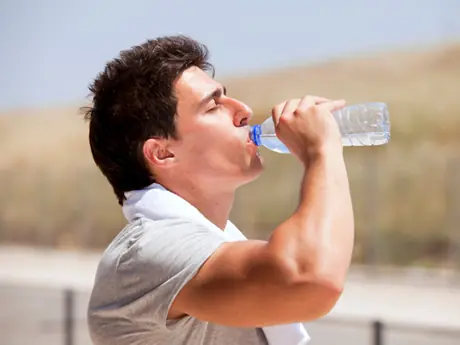

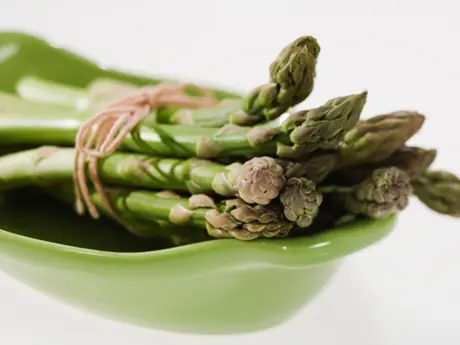
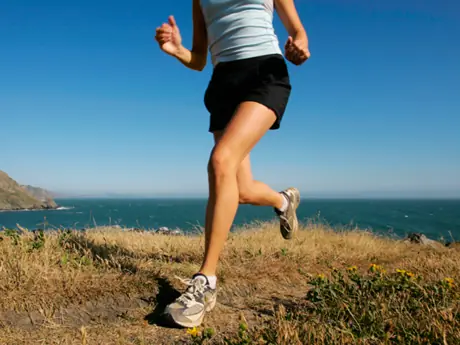

Discuss This Article